Results
-
£38.50
Gospel Brass Machine
A funky upbeat piece that will go down a storm with both band and audience alike.Mark Taylor wrote the trumpet feature Scream Machine for a vinyl album of the same name released in 1985 by the Army Blues Jazz Ensemble. Featuring four 'screamer' trumpet parts, it was later published in a slightly simpler version called Brass Machine. This arrangement for brass band includes a middle gospel section.
Estimated dispatch 7-14 working days
-
 £29.95
£29.95Prayer to St Michael - Jonathan Bates
DURATION: 4'00". DIFFICULTY: Moderate. 'Prayer to Saint Michael' is a solo for Euphonium, composed for the Wantage Band and inspired by the life of a young Johann Sebastian Bach, who following the death of both parents by the age of only 10 moved to live with his older brother - Johann Christoph Bach - who was the church organist at St Michael's Church in Ohrdruf. It was in this church where Bach spent many hours studying and performing, being instructed by Johann Christoff on the clavichord. Within 6 years, the young Bach had been enrolled in the prestigious St Michael's School in Luneberg. . "St. Michael the Archangel, illustrious leader of the heavenly army, . defend us in the battle against principalities and powers, . against the rulers of the world of darkness and the spirit of wickedness in high places. Come to the rescue of mankind, . whom God has made in His own image and likeness, . and purchased from Satan's tyranny at so great a price. The Holy Church venerates you as her patron and guardian. The Lord has entrusted to you the task of leading the souls of the redeemed to heavenly blessedness. Entreat the Lord of peace to cast Satan down under our feet, . so as to keep him from further holding man captive and doing harm to the Church. Carry our prayers up to God's throne, . that the mercy of the Lord may quickly come and lay hold of the beast, . the serpent of old, Satan . and his demons, casting him in chains into the abyss, . so that he can no longer seduce the nations. Amen.". .
In Stock: Estimated dispatch 1-3 working days
-
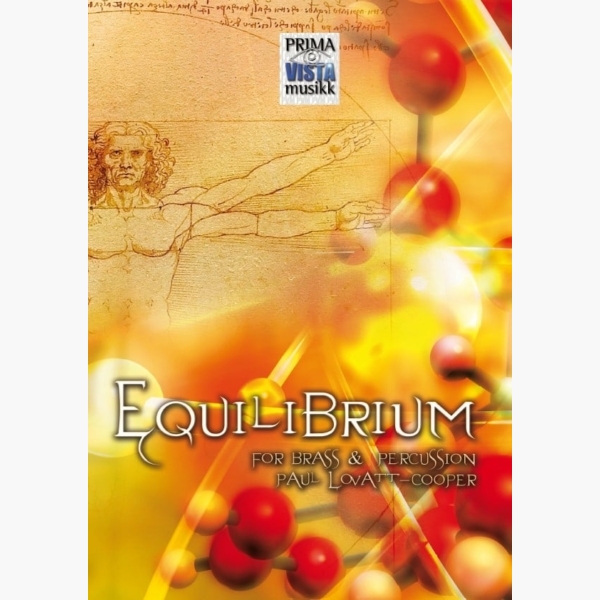 £64.95
£64.95Equilibrium - Paul Lovatt-Cooper
Equilibrium was composed for Bandmaster Ross Johnson and Camberwell Citadel Band of The Salvation Army. The title suggests a state or situation in which opposing forces or factors balance each other out and stability is attained. Equilibrium is based around...
Estimated dispatch 5-7 working days
-
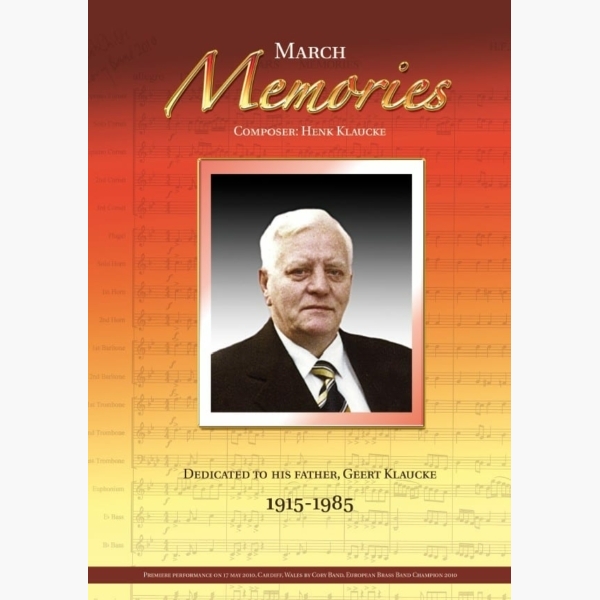 £24.95
£24.95March Memories - Henk F Klaucke
Henk F. Klaucke is a well-respected musician and bandsman having performed with many fine ensembles, including The Salvation Army's Amsterdam Staff Band. March: Memories was conceived and composed as an everlasting memory of the composer's father, Geert. Majestic in style,...
Estimated dispatch 5-7 working days
-
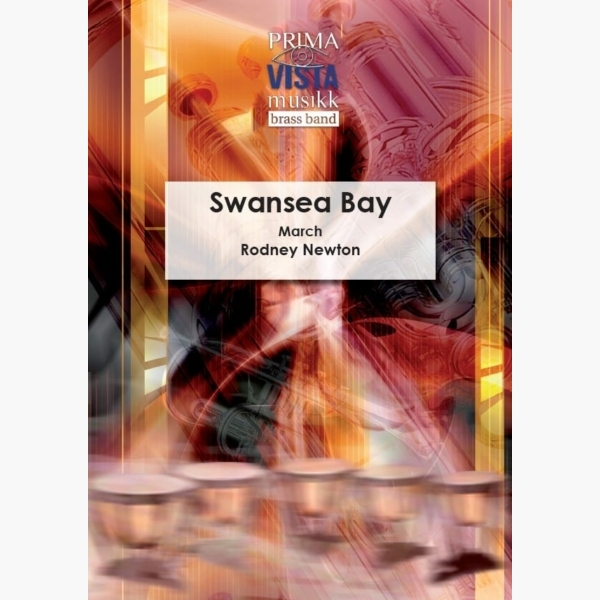 £24.95
£24.95March: Swansea Bay - Rodney Newton
Written in 2007, this march was specially commissioned by Drs. Robert and Nicholas Childs for the International Brass Band Summer School, held annually in Swansea. It is in the form of a standard British Army march and the composer acknowledges...
Estimated dispatch 5-7 working days
-
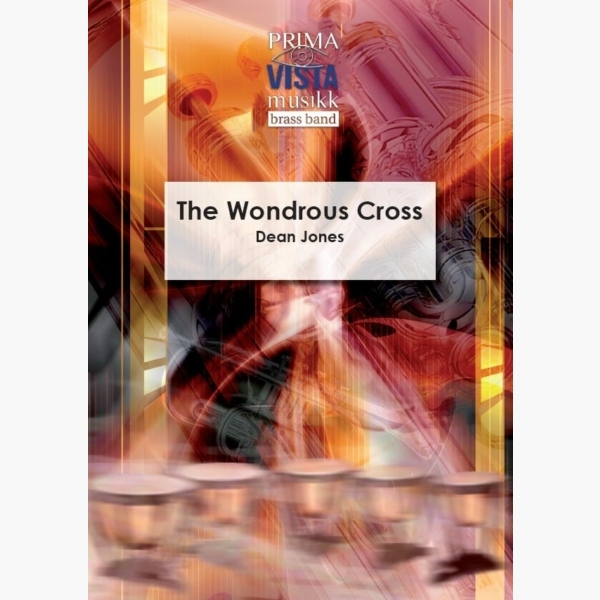 £24.95
£24.95The Wondrous Cross - Dean Jones
The Wondrous Cross was written as the result of a request from Tim Parker, Bandmaster of the Staines Band of The Salvation Army for something new and inspiring for Easter and based on the tunes of 'Rockingham' and 'O Waley,...
Estimated dispatch 5-7 working days
-
 £69.99
£69.99Brass Machine - Mark Taylor
Mark Taylor wrote the trumpet feature Scream Machine for a vinyl album by the Army Blues Jazz Ensemble in 1985. It was later published in a slightly simpler version called Brass Machine.This brass band arrangement by Philip Sparke has been arranged directly from the published jazz ensemble score and features soprano cornet and four solo cornets.
Estimated dispatch 5-14 working days
-
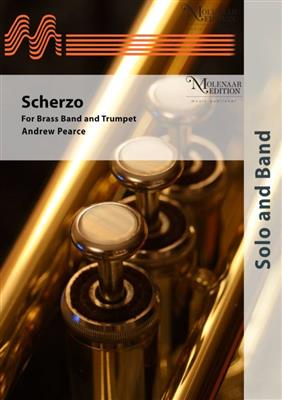 £105.80
£105.80Scherzo - Andrew Pearce
Commissioned by Philip Cobb & The New York Staff Band of the Salvation Army. A classic trumpet solo full of exciting tempo changes and technical feats. A challenge for every modern trumpet player!
Estimated dispatch 5-14 working days
-
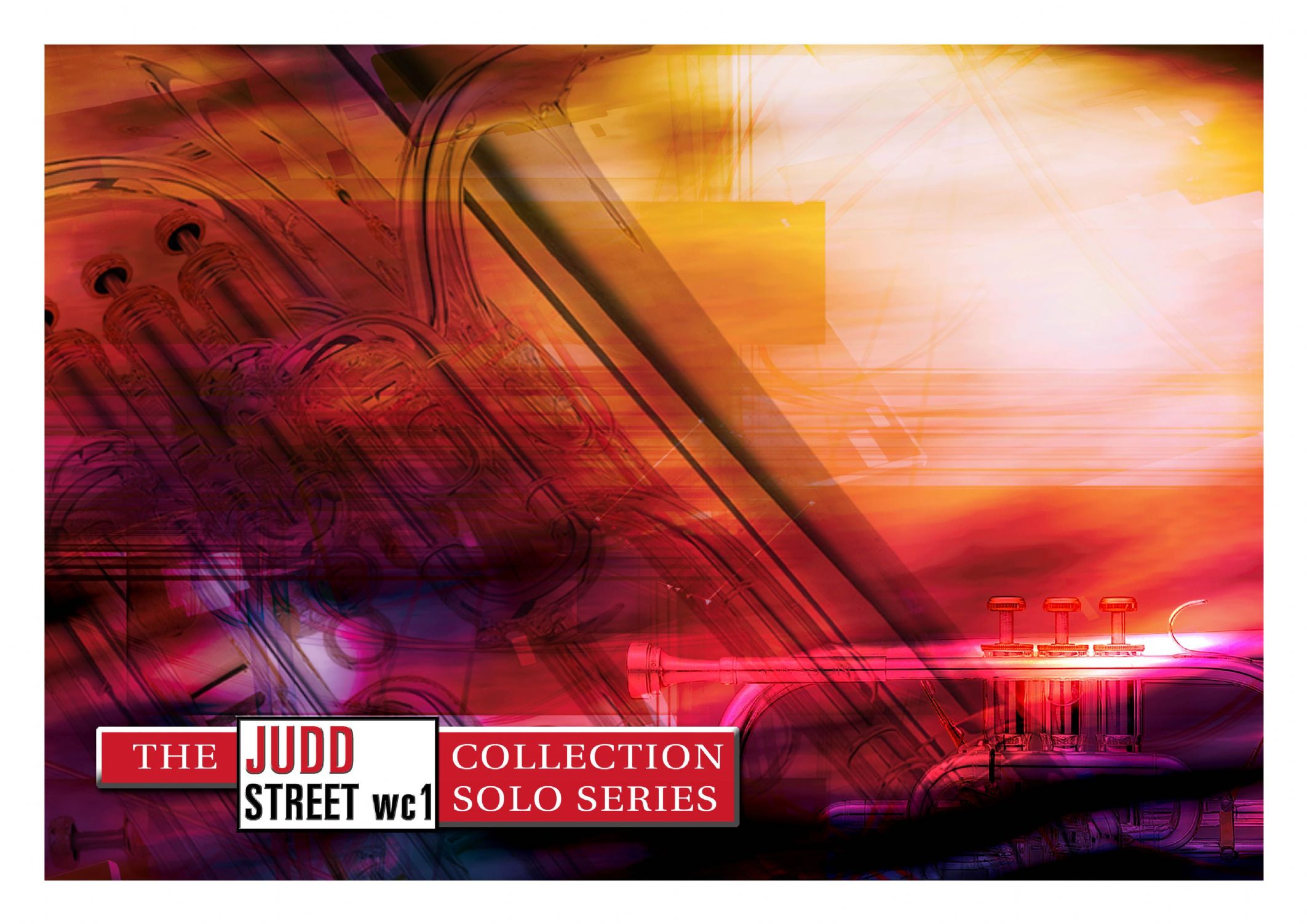 £29.95
£29.95Judd: A Joy Untold
This short, light-hearted solo has been described as The Salvation Army's answer to 'The flight of the bumble bee' and requires facility from the soloist and accurate accompaniment from the band. The solo opens and closes with whimsical references to Erik Leidzen's famous euphonium solo 'The Song of the Brother' and includes the tunes 'A robe of white' and 'I'll serve Thee'.
Estimated dispatch 7-14 working days
-
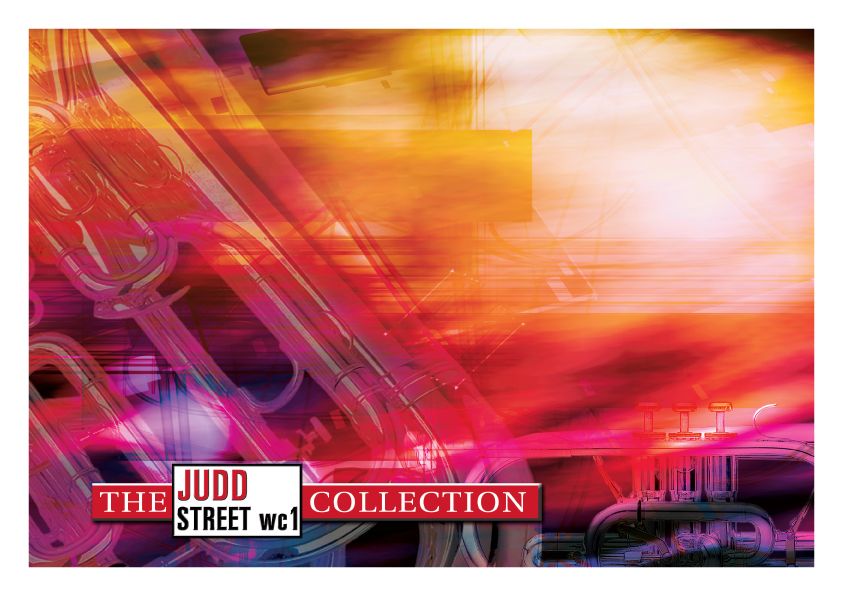 £34.95
£34.95Judd: Everlasting Praise
Written for the 25th anniversary of The Salvation Army Anglia Youth Band, this exciting music features the hymn tunes of 'Ascalon', 'Miles Lane' and 'Old Hundredth' with references to 'Praise, my soul, the King of Heaven'.
Estimated dispatch 7-14 working days
